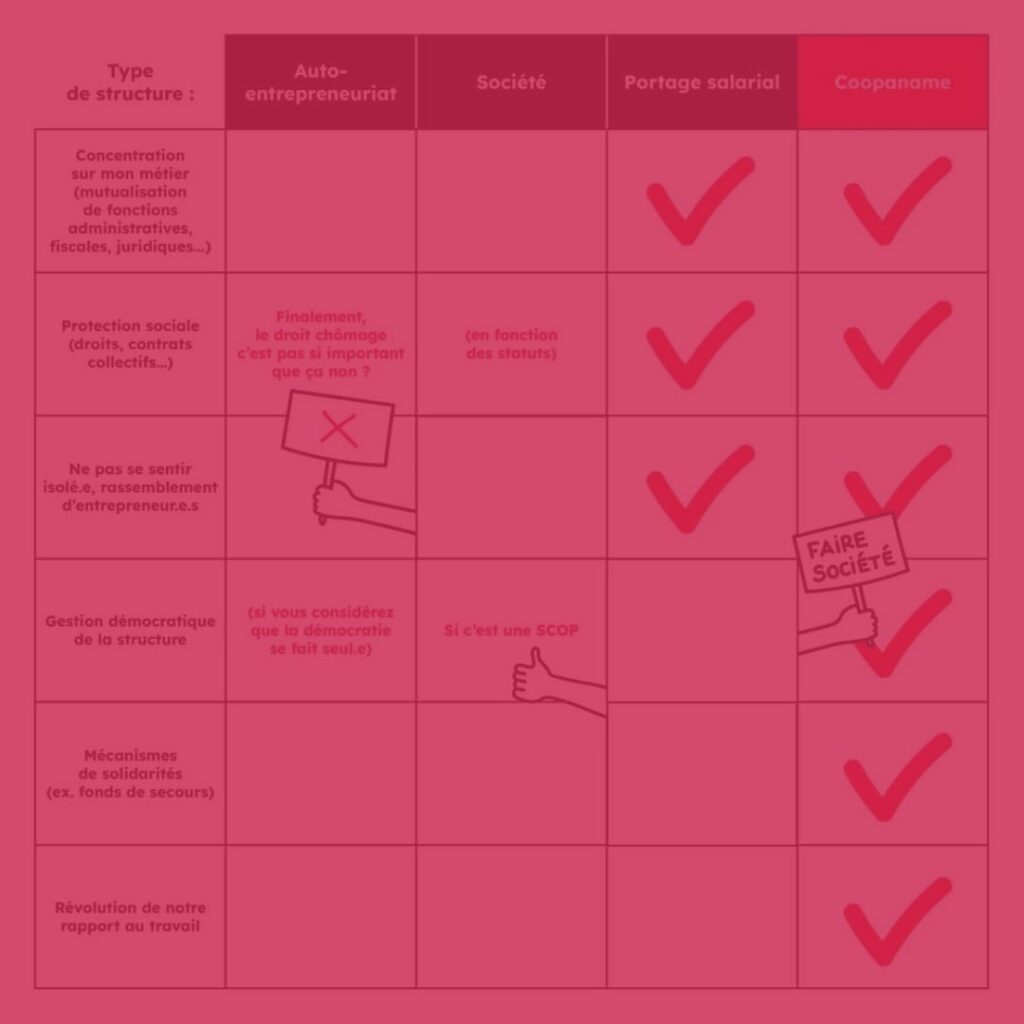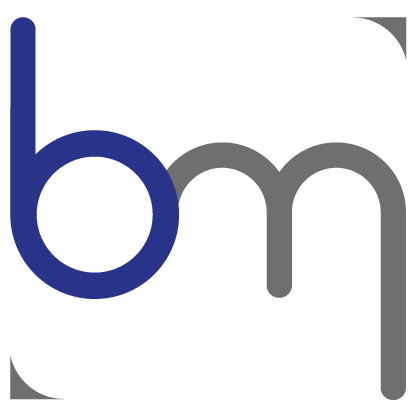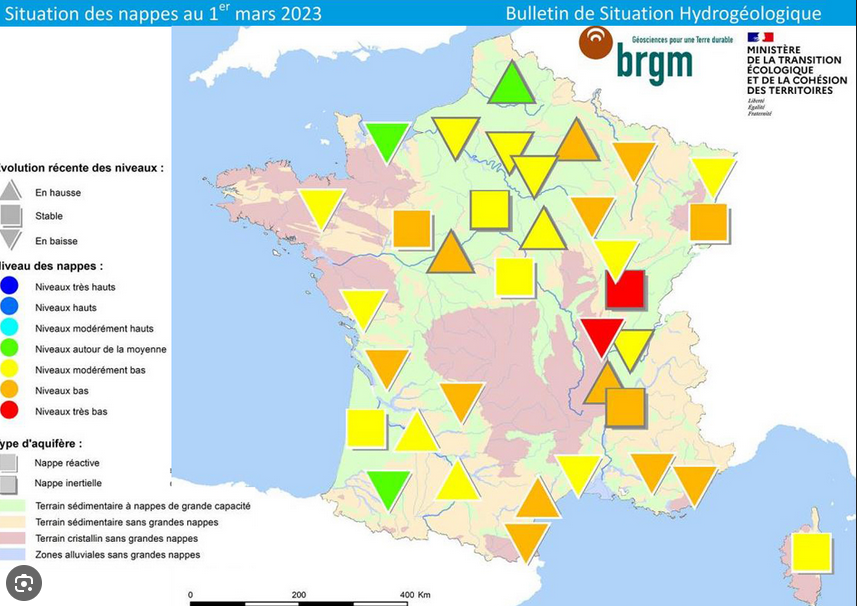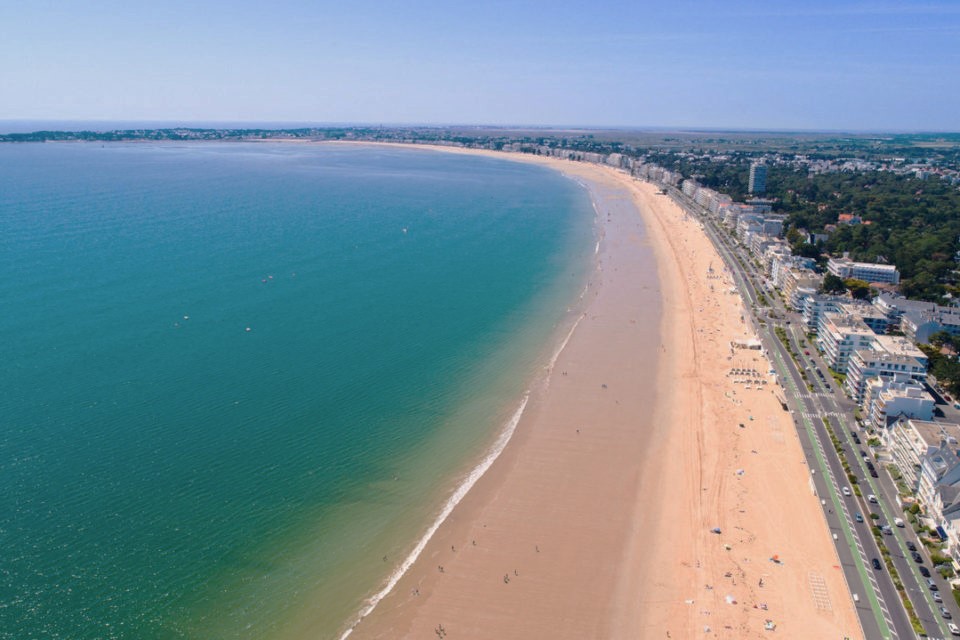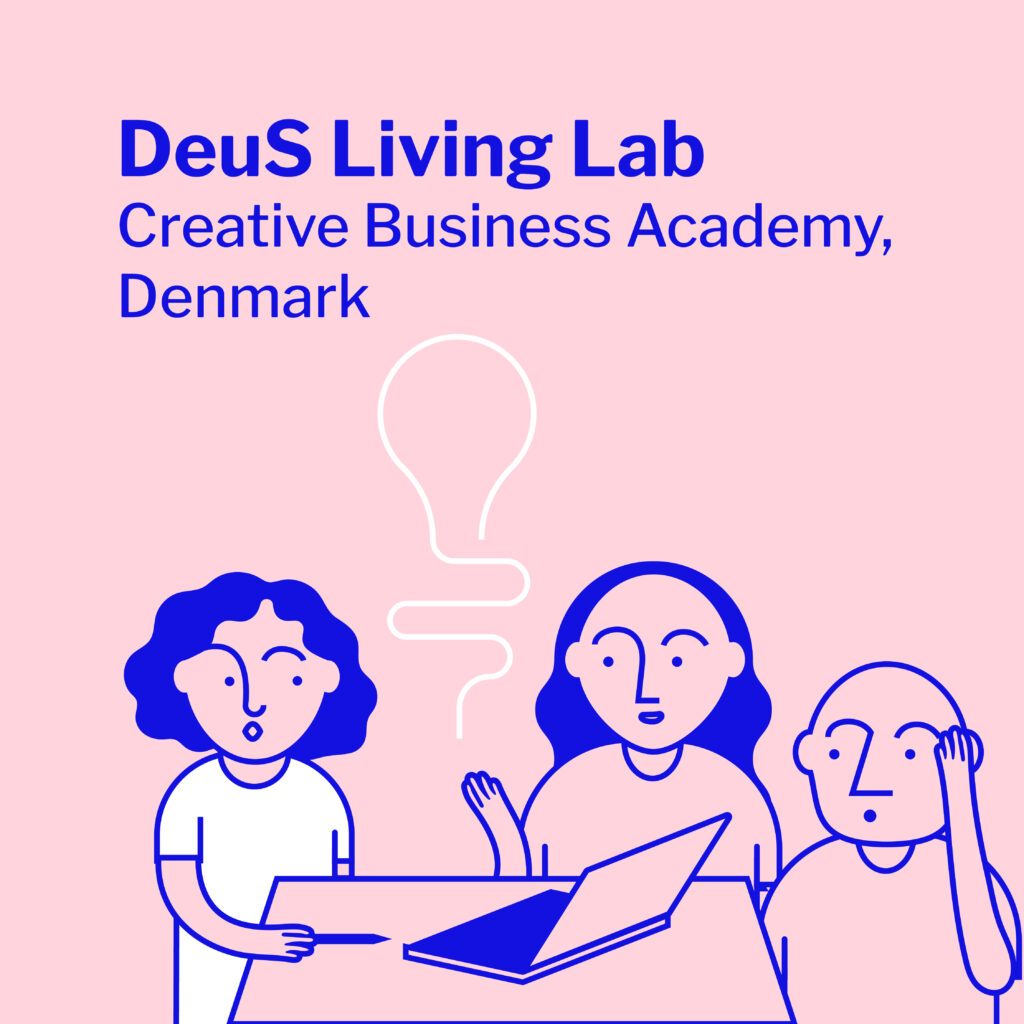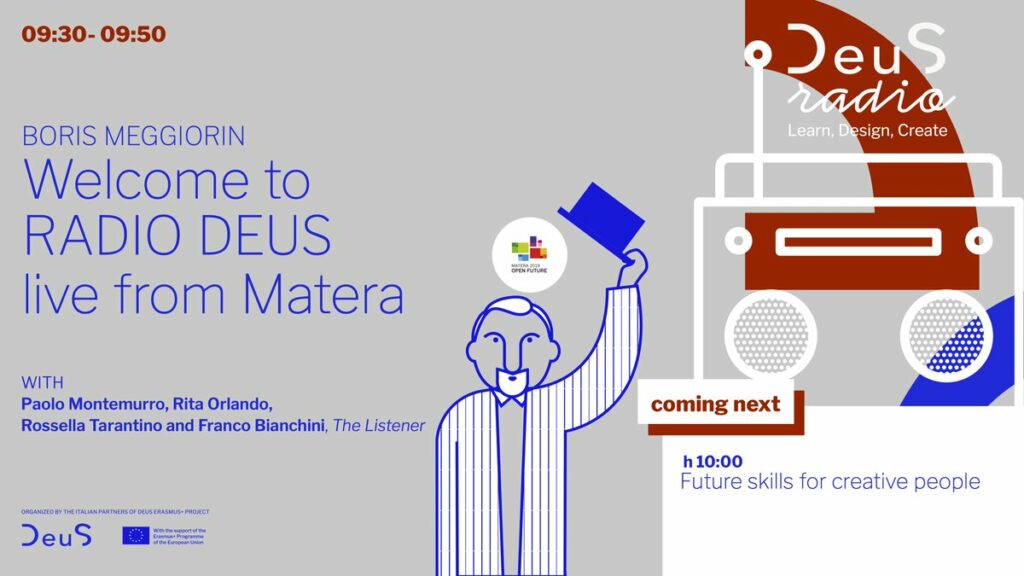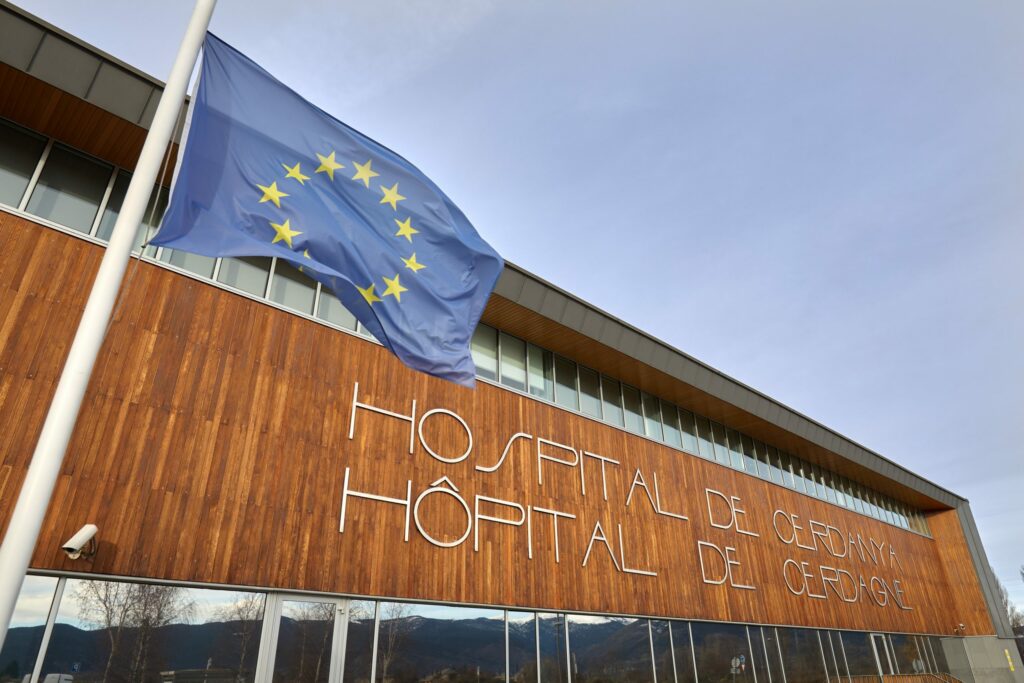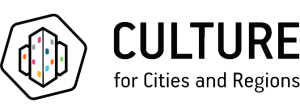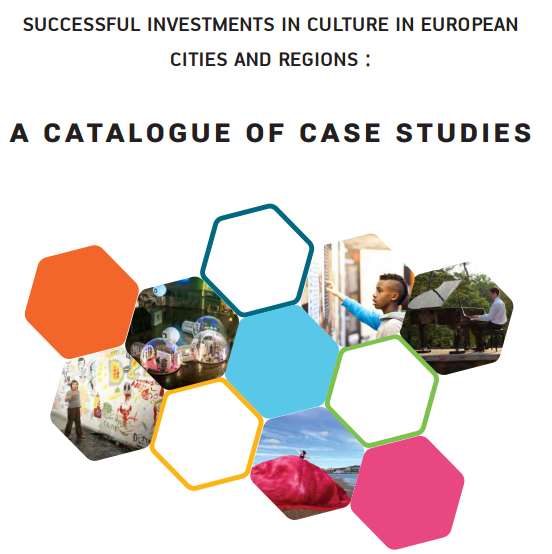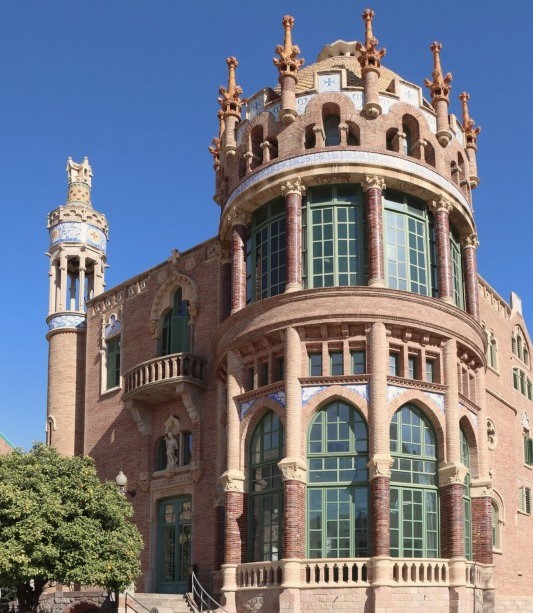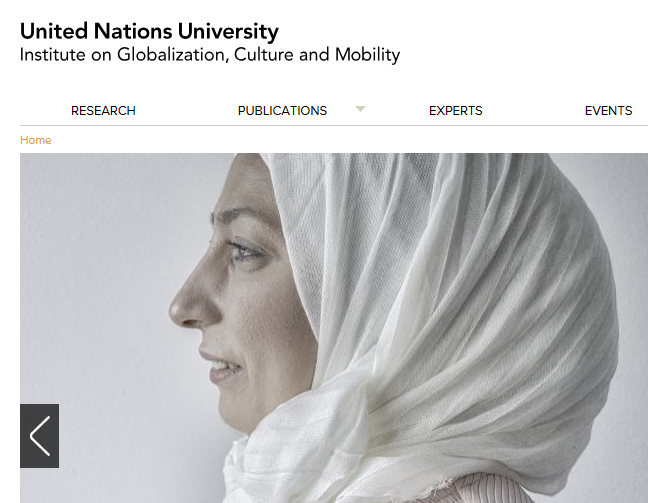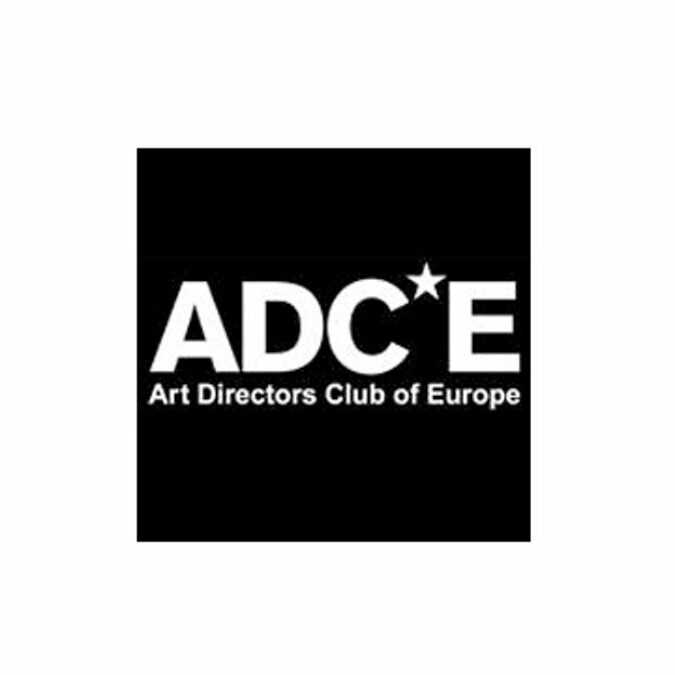From 2022 to 2025, I managed three significant projects funded by the European Social Fund (ESF) on behalf of Coopaname, a leading cooperative in the Social and Solidarity Economy (ESS) based in Paris. These initiatives collectively accounted for over €1,500,000 in European grant funding, focused on fostering new pathways to entrepreneurship and professional integration for underrepresented groups in the Paris region, including women, long-term unemployed individuals, and young people. This work involved end-to-end project lifecycle management, from strategic planning and financial oversight to multi-stakeholder coordination and impact reporting.
The Challenge and the Coopaname Solution
Despite being a hub for innovation, the Paris region faces persistent challenges in integrating diverse populations into the economy, particularly in accessing the tools and networks needed to start a business. Coopaname, as a Cooperative of Activities and Employment (CAE), provides a unique, secure framework for entrepreneurs to test and develop their activities while remaining salaried, addressing the precarity often associated with self-employment.
The ESF funding was instrumental in amplifying Coopaname’s reach, allowing us to implement targeted programs focused on:
- Women’s Economic Empowerment: Breaking down structural and psychological barriers to female entrepreneurship.
- Professional Reintegration for Unemployed: Providing intensive support for long-term job seekers to convert their skills into viable businesses.
- Youth Employability and Innovation: Equipping young people with the skills and cooperative framework to launch socially-minded enterprises.
